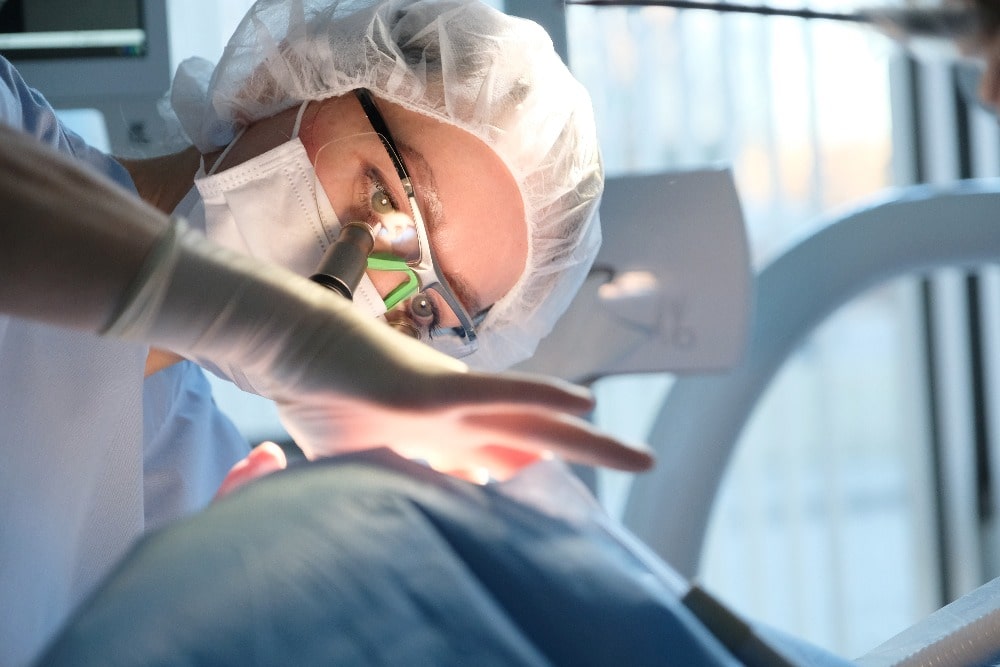

Jaw Surgery and Braces
You may not realize the severity of a jaw issue when it first begins, especially if your symptoms are manageable at the moment. However, the longer you ignore the issues with your jaw, the more pain and discomfort you risk as you grow older. You see, our jaws are meant to function in harmony with each other, so one small abnormality can cause big issues, which can escalate as we age.
Often times, jaw surgery and braces go hand-in-hand and are recommended by your orthodontist for maximum results. We’re here to teach you all about jaw surgery and braces, and why this combination is important.
Who Needs Jaw Surgery?
Patients with jaw bone abnormalities are typically the ideal candidates for jaw surgery. If the upper and lower jaws don’t meet properly, jaw surgery may be performed to correct this issue. Jaw surgery helps to realign the jaw, so it works at its optimal level, making it easier for patients to speak and eat without discomfort or difficulty. Jaw surgery may be recommended in the following cases:
- Problems with jaw closure
- Bite correction
- Chronic mouth breathing
- Improvement with biting and chewing
- Protruding/receding jaw correction
- Pain associated with TMJ disorders
It’s important to seek the help of a professional to diagnose your issue and formulate a plan to correct it.
Braces and Jaw Surgery
In most cases, jaw surgery alone won’t be enough to correct your orthodontic issue. It is simply used to make improvements to the structure of your jaw, so orthodontic treatment will be more effective and pain and discomfort can dissipate. Jaw surgery is typically performed once the bones have stopped growing, which means children generally are not candidates for surgery until they reach a certain age. Braces may be applied before surgery or after, depending on your case and the severity of your jaw issues.
Why Undergo Jaw Surgery?
Problems with your jaw are not to be avoided. If you don’t take the time to address them and consider your options to fix them, you run the risk of living a life of discomfort, especially when it comes to eating, biting and speaking. Not fixing the issues with your jaw can also make mouth breathing and sleep apnea problems worse.
Jaw Surgery, Braces, and Your Next Steps
If you’ve been diagnosed with an issue associated with your jaw, speaking with a professional is the first step to take in making the necessary corrections. If the patient is a child who is still growing, the first phase of two-phase orthodontic treatment, such as an expander, may be recommended to help fix the jaw as it grows, then braces or Invisalign would be used to help realign the teeth in phase two. If the patient is an adult, your orthodontic professional may refer you to a surgeon who specializes in this type of corrective surgery. Either way, seeking help is the first step in alleviating pain and discomfort later.
At Crescent Orthodontics, our team is excited to help you get the healthy smile you’ve always wanted!
